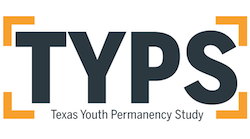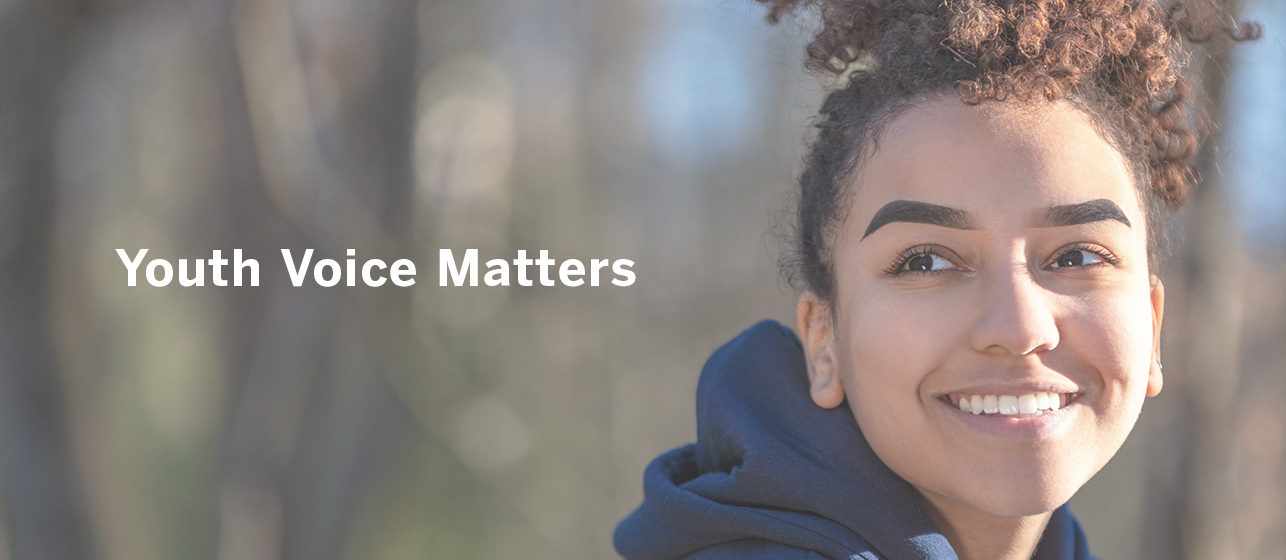Through our initial research with the Texas Youth Permanency Study, we already know that youth in foster care need authentic and long-lasting relationships in order to thrive. Prior to travel restrictions from COVID-19, we’ve gotten the chance to see firsthand how communities working with foster youth all over Texas are building these sorts of relationships. The Bexar County PEARLS Court is a phenomenal example of how therapeutic care, life-skill development, and a mentor support network provide opportunities for positive change in the lives of girls in the foster system.
The PEARLS court in San Antonio invites girls in foster care between the ages of 14 – 18 who have had parental rights terminated into a multifaceted support program. Participation is voluntary; all it takes is the girls’ commitment. Twice a month, girls gather at the courthouse for meetings with their mentors, judges, and program staff, attend a group therapy session, engage with informal presentations and take part in a carefully prepared community dinner.
Kimberlee Morrison, PEARLS Court Manager, has spent the last five years building circles of support. “We understand that it takes a village to support the girls,” said Kimberlee. “[Offering support] cannot only be on the shoulders of one mentor, or one judge, or one staff member. It has to be a village to support them because they have so many needs. And more than that, they may not connect to their mentor in every way. They may lean on them for help with banking and then lean on somebody else for venting about relationships. We needed to build something that surrounds them to cover all of their needs.”
In the village, team members support each other and maintain their commitment to working with the girls, very often putting in time and energy outside of official work hours. “Not only do the youth have a team of people, but we have a team of people,” shared Kimberlee. “We all utilize each other just as much as the youth utilize us.” By creating a precedence of asking for and offering up help, the PEARLS Court often sees a great level of mentor retention. After the one-year requirement for PEARLS mentors, many of them come back year after year because they witness firsthand the importance of longevity and commitment in the relationships with their mentees.
Part of what makes the PEARLS Court so unique is that the relationships built often outlast the program itself. “Once in PEARLS, always in PEARLS,” said Kimberlee. “We have made it clear to the girls that no matter your age, you can always come back, you can always reach out. If you are doing well and want to move on with your life, that’s fine. There are no rules, you don’t have to check in with us. But if you want us, we will always be here.”
The importance of these relationships is heightened by tragedy or societal turmoil, as we are currently seeing with the COVID-19 health crisis. “We have found that many of [our girls] really needed a support system [when COVID-19 began],” shared Kimberlee. “They immediately reached out to us, asked for assistance, asked how to navigate COVID-19 and we have been very involved with them, sometimes talking with them every other day. In fact, the after-care model took on much more work during COVID-19 than the work with the girls who are in foster care right now because they have staff, they have parents that are watching over them. Those girls that aged out and that are on their own, they are truly on their own. So, the longevity of the relationships we built is very important. Right now, especially, our biggest challenge is contact and communication, [and finding] devices for them to communicate with us during COVID-19.”
The success of PEARLS can largely be attributed to the caring community surrounding these young women and it provides a model that can certainly be replicated in other Texas courts. Judge Alvarado believes that at its core, PEARLS is what it is because of the level of compassionate commitment driving judges, staff, and mentors. “We commit time outside of our work hours to this program. And staff and mentors are the same way. During the COVID-19 crisis, we have been working the most odd and crazy hours trying to continue with the program. Once you have the commitment, then everything else seems to fall into place. We do have a funding source, a Foundation, and obviously that is very important for our work. But if you don’t have that underlying commitment from everybody else and their desire to be the support system for these girls, it is not going to work, no matter how much funding you have. Our work is not just about checking a box, but about getting into the weeds and helping them have some pride and have some goals. Don’t accept that passing grades are enough. Let’s get in there and show them that they have the brains and have the power, but somebody has to help guide them and show them.”
Edited by Allie Long

